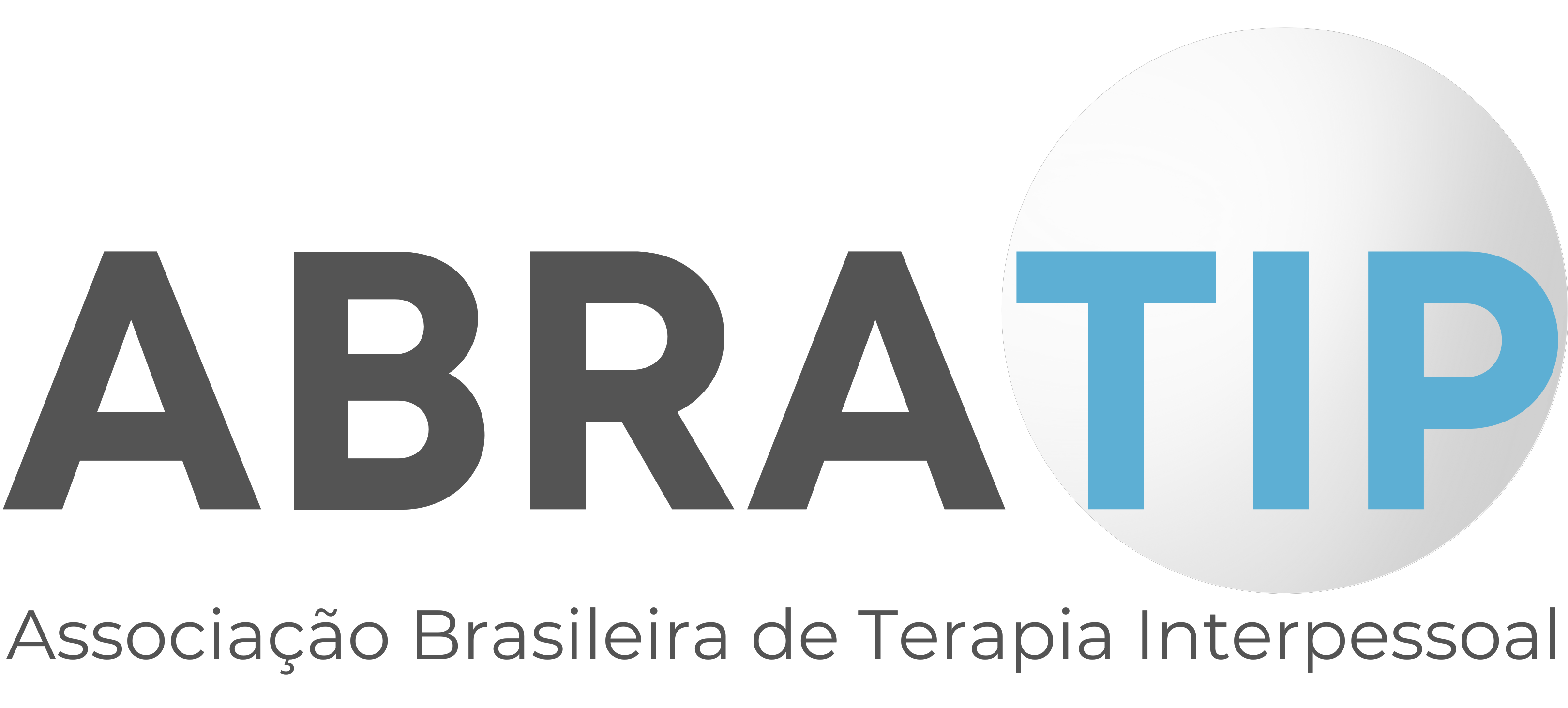ABSTRACT
Internet interventions, and in particular Internet‐delivered cognitive behaviour therapy (ICBT), have existed for at least 20 years. Here we review the treatment approach and the evidence base, arguing that ICBT can be viewed as a vehicle for innovation. ICBT has been developed and tested for several psychiatric and somatic conditions, and direct comparative studies suggest that therapist‐guided ICBT is more effective than a waiting list for anxiety disorders and depression, and tends to be as effective as face‐to‐face CBT. Studies on the possible harmful effects of ICBT are also reviewed: a significant minority of people do experience negative effects, although rates of deterioration appear similar to those reported for face‐to‐face treatments and lower than for control conditions. We further review studies on change mechanisms and conclude that few, if any, consistent moderators and mediators of change have been identified. A recent trend to focus on knowledge acquisition is considered, and a discussion on the possibilities and hurdles of implementing ICBT is presented. The latter includes findings suggesting that attitudes toward ICBT may not be as positive as when using modern information technology as an adjunct to face‐to‐face therapy (i.e., blended treatment). Finally, we discuss future directions, including the role played by technology and machine learning, blended treatment, adaptation of treatment for minorities and non‐Western settings, other therapeutic approaches than ICBT (including Internet‐delivered psychodynamic and interpersonal psychotherapy as well as acceptance and commitment therapy), emerging regulations, and the importance of reporting failed trials.
Modern information technology has changed the world and the way we interact with one another1. Computers were utilized early in psychotherapy research2 and, with the advent of the Internet, use of computers in research and practice increased rapidly3.
Clinical psychology and psychiatry have been influenced by these technological advances. Not only have Internet interventions become available, but so have websites providing information about psychiatric conditions4, assessment procedures5, and social forums related to psychiatric diagnoses6. More recently, modern mobile phones (smartphones) have facilitated data collection7, increasing the reach and dissemination of therapeutic help. There are now literally thousands of smartphone apps dealing with mental health concerns, such as depression and stress8, 9.
The focus of this review is on Internet‐delivered psychological treatments10, 11. The first of these treatments were developed, evaluated and delivered as part of routine care in the mid‐1990s12. Subsequently, the number of controlled trials of Internet‐delivered psychological treatments has grown at a much faster rate than trials of psychotherapy in general. Most of the programs and research on Internet‐delivered treatments have involved different forms of cognitive behaviour therapy (CBT), often referred to as ICBT13.
ARTIGO COMPLETO: https://www.ncbi.nlm.nih.gov/pmc/articles/PMC6313242/








